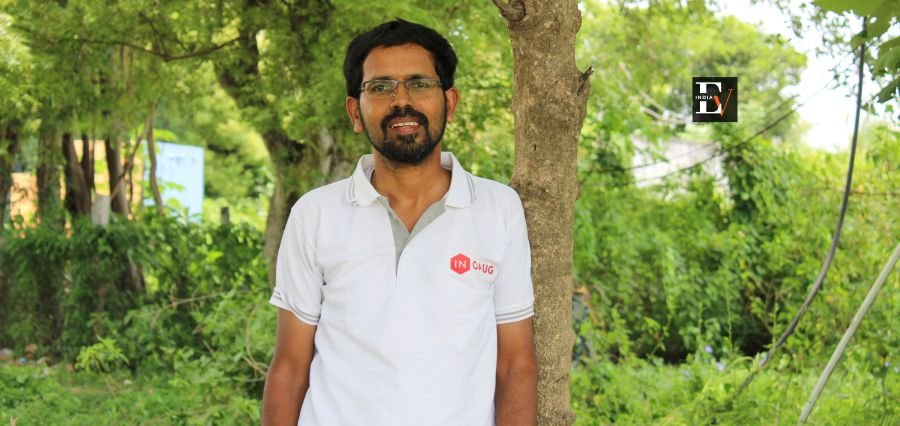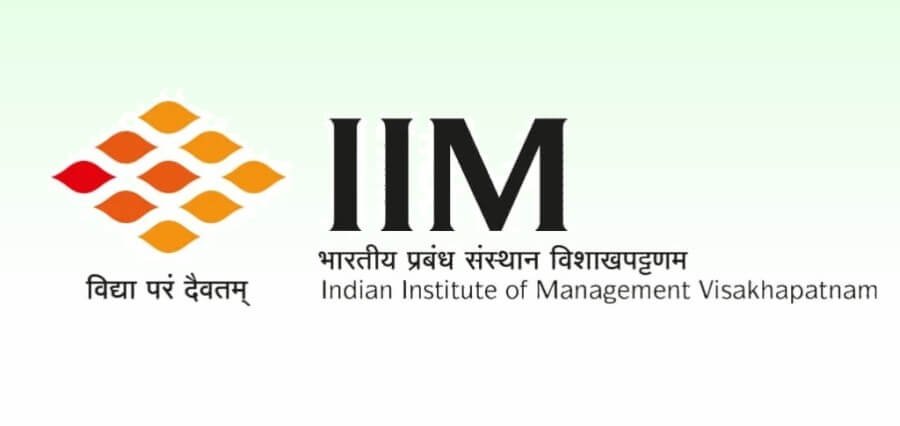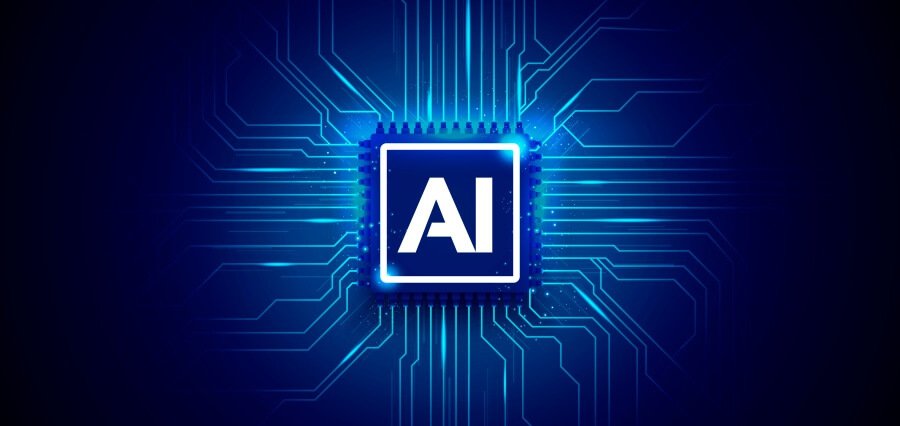Educational leadership plays an important role in guiding and inspiring educators as well as students toward excellence and holistic development. This leadership style is deeply rooted in the country’s socio-cultural dynamics and aims to promote a collaborative and inclusive learning environment.
Educational leaders view leadership as a shared responsibility emphasizing collaboration among faculty, students and the broader community. This perspective highlights the importance of building strong relationships and understanding diverse backgrounds, creating an atmosphere of mutual respect. Effective leadership, as recognized by these leaders, goes beyond authority; it centres on influence, support and empowerment.
B. Bhuvaneswaran, Assistant Professor (SG) cum Training Manager, employs transformational strategies to motivate and inspire others within his institution. At Rajalakshmi Engineering College, he promotes innovation, creativity and personal and professional growth among educators and students.
Trust, Collaboration and Vision
A key element of Bhuvaneswaran’s leadership style is servant leadership, which accentuates addressing the requirements of students and educators to build trust and cultivate a supportive educational environment.
Participative leadership also plays a central role in Bhuvaneswaran’s approach. He actively involves stakeholders in decision-making processes, ensuring that diverse perspectives are considered. This collaborative method enhances ownership and commitment among all parties involved.
His educational leadership is a multifaceted concept that harmoniously blends traditional values with modern strategies. Through his efforts, he nurtures collaboration, innovation and visionary thinking, effectively navigating the complexities of the educational sectors.
Bridging Industry and Academics in Technology Education
Bhuvaneswaran has always been passionate about technology and its profound impact on shaping young minds. His academic journey began with a solid educational foundation in Computer Science and Engineering, which equipped him with essential skills and knowledge. Over time, he transitioned from industry roles to academia, driven by a desire to mentor students and contribute meaningfully to their learning experiences.
This intrinsic motivation and commitment to education ultimately led him to pursue a career as an Assistant Professor, where he could foster innovation and inspire the next generation of technologists, ensuring they are well-prepared for future challenges.
The Role of Technology in Academic Efficiency
Balancing the responsibilities of teaching, research and administrative duties necessitates effective prioritization and meticulous time management for Bhuvaneswaran. He allocates specific hours for each task, which allows him to maintain the quality and impact of his teaching while also dedicating adequate time to research and administrative responsibilities.
This structured approach ensures that none of his roles are compromised. To further streamline these processes, Bhuvaneswaran leverages various technological tools that enhance efficiency and organization. His extensive experience also informs his methods, enabling him to optimize workflows and remain focused on delivering an exceptional educational experience for his students.
Integrating Technology in Curriculum
One of the most significant challenges Bhuvaneswaran faces is keeping pace with the rapid technological advancements and successfully integrating them into the curriculum. To address this pressing issue, he is committed to continuous professional development, regularly updating his skills by obtaining certifications in key areas such as UiPath RPA, Microsoft Azure and IBM technologies.
This proactive approach not only enhances his knowledge base but also ensures that his students receive an education that is both relevant and aligned with current industry standards. By staying current, Bhuvaneswaran effectively prepares his students for the evolving demands of the job market.
Bridging the Gap Between Education and Industry Needs
Bhuvaneswaran recognizes that technology will play an increasingly central role in education by significantly enhancing learning experiences, enabling personalized education and providing practical, real-world applications.
His work with emerging technologies, including Cloud Computing, Data Science and RPA, positions him uniquely to leverage these advancements effectively within the learning environment.
By integrating these technologies into his teaching, he not only enriches the curriculum but also fosters an engaging and dynamic classroom atmosphere. Bhuvaneswaran’s commitment to embracing these innovations helps create a more interactive educational experience, preparing students to thrive in a technology-driven world.
The Importance of Critical Thinking in Modern Education
Bhuvaneswaran believes in a student-centered approach that prioritizes real-world applications, hands-on projects and personalized mentoring. He encourages his students to undertake challenging projects, particularly those involving Cloud Infrastructure and RPA, as these experiences are crucial for developing practical skills.
This methodology not only enhances technical competencies but also fosters critical thinking and problem-solving abilities. Bhuvaneswaran emphasizes the importance of soft skills, offering guidance and support to help students prepare for their professional journeys. By focusing on holistic development, he ensures that his students are well-rounded individuals ready to succeed in diverse work environments.
Enhancing Student Education with Current Trends
Bhuvaneswaran advises fellow educators to stay updated with the latest industry trends and integrate these insights into their teaching methods. This proactive approach not only enhances their knowledge and expertise but also ensures that students receive a relevant and practical education that reflects current realities.
He highlights the importance of being willing to learn and adapt, as the field of education is constantly evolving due to technological advancements and changing societal needs. By developing a culture of continuous learning and adaptability, educators can significantly enrich the educational experience and better prepare students for the future.
Mentoring Students in Innovative Research Projects
Bhuvaneswaran aspires to continue making impactful contributions to academia by mentoring an increasing number of students in innovative projects and research endeavours. He aims to publish additional papers that reflect his findings and insights, contributing to the broader academic community.
He is dedicated to developing the latest curricula that effectively bridge the gap between academia and industry, ensuring that students are equipped with relevant skills. By leveraging his certifications and expertise, he seeks to introduce advanced technological concepts to his students, empowering them to excel in their future careers and respond to industry demands.





